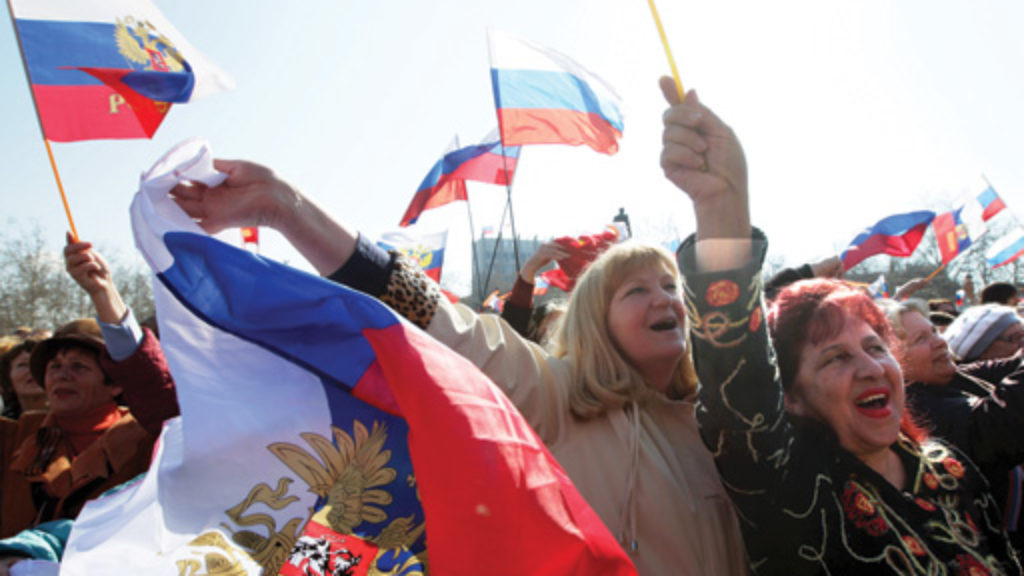
Everything Is PR
Peter Pomerantsev’s narrative of “the surreal heart of the new Russia” features pink heels, private helicopters, and fantastical Midsummer Night’s Dream parties with trapeze artists and synchronized swimmers dressed as mermaids.
Fanny and Hilde
If Court Jews provided economic services, the salon women provided cultural ones that were rarely available to rulers and other nobles in the stuffy environs of aristocratic society.
Give Ear O Ye Heavens
Benjamin Harshav’s lifelong engagement in the forms of poetry has been a unique—and uniquely valuable—project.
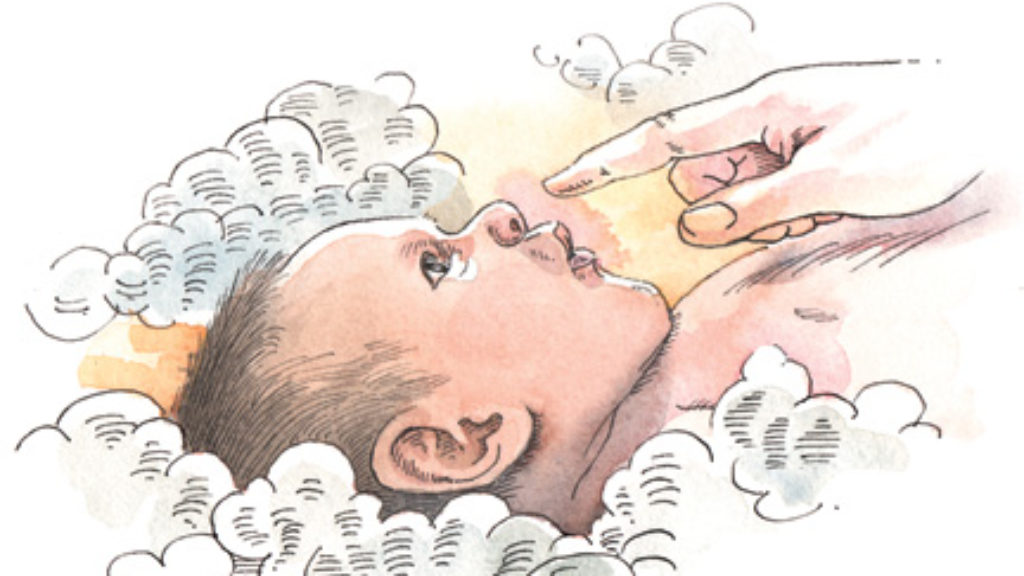
How the Baby Got Its Philtrum
The idea of learning as a recovery of what we once possessed is what makes Bogart’s bubbe mayse, and ours, so memorable: We can all touch that little hollow and feel the impress of forgotten knowledge.
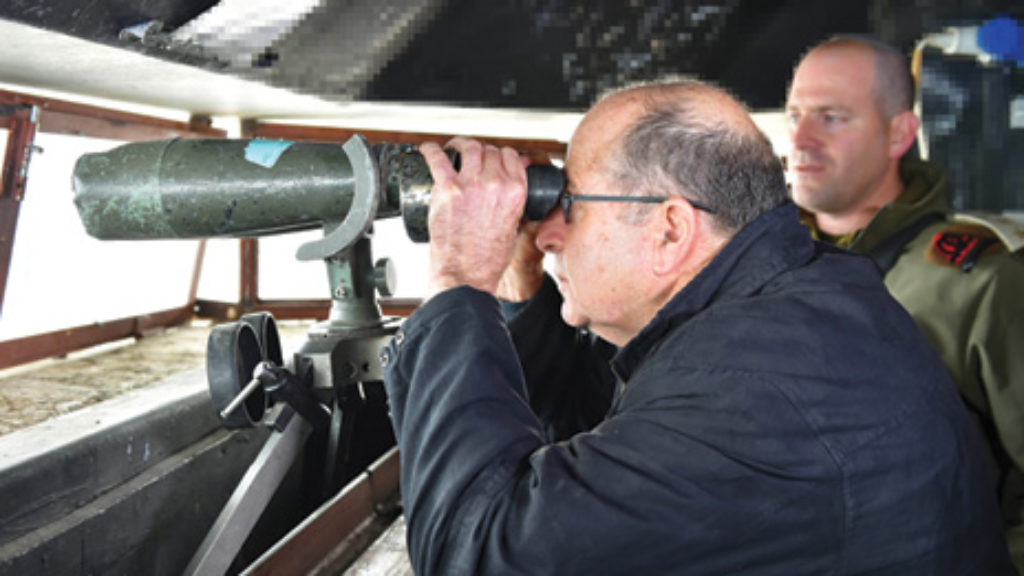
Israel’s Northern Border and the Chaos in Syria: A Symposium
In 2015, we asked Elliot Abrams, Itamar Rabinovich, and Amos Yadlin about the crisis at Israel's northern border. What can we learn now from the chaos of Syria?
Letters, Summer 2015
Otherwise than J, Internalized Guilt, Were Arendt and Herzl Wrong About France?, La Juive, Top Dog
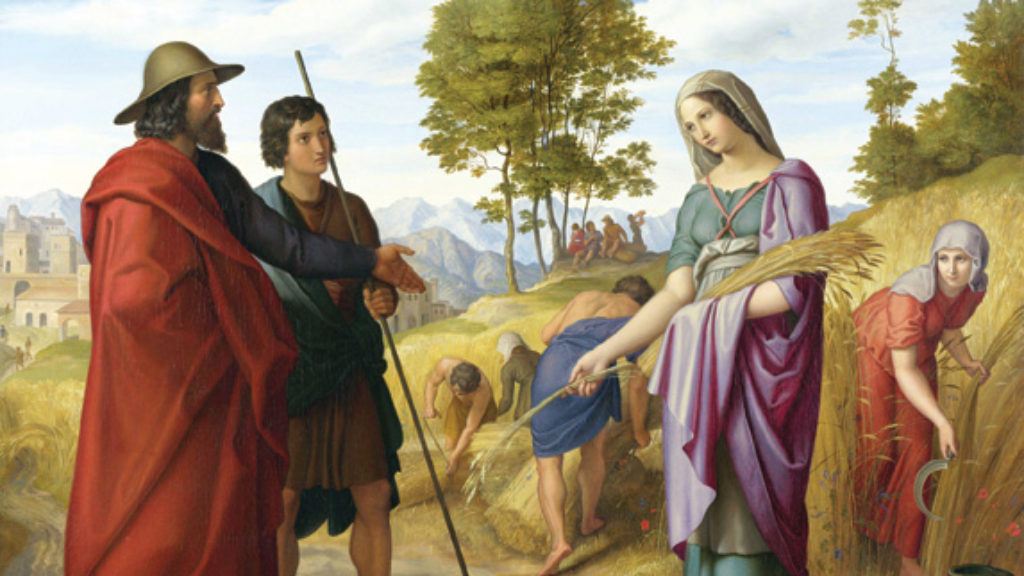
New Gleanings from an Old Book
Ruth, one of the shortest books in all of Tanakh, has a simple plot: A man from Bethlehem moves with his family to Moabite territory to ride out a famine in Judea, his two sons somewhat scandalously marry Moabite women, and all the men subsequently die.
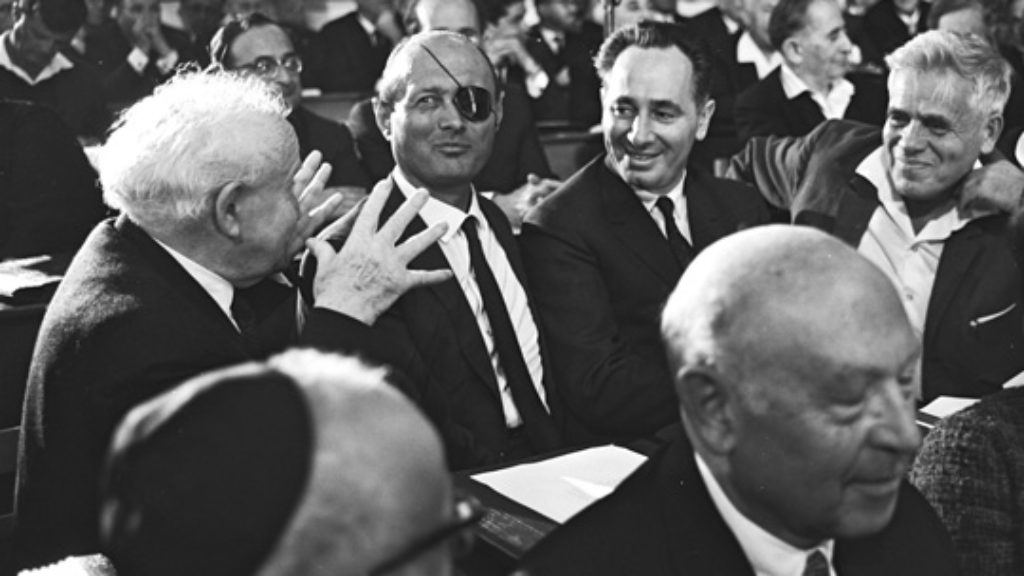
Paradox or Pluralism?
Walzer’s paradox of liberation, if that is what it is, is that religion is back, or that despite the extraordinary success of secularizing revolutionaries it never quite went away.
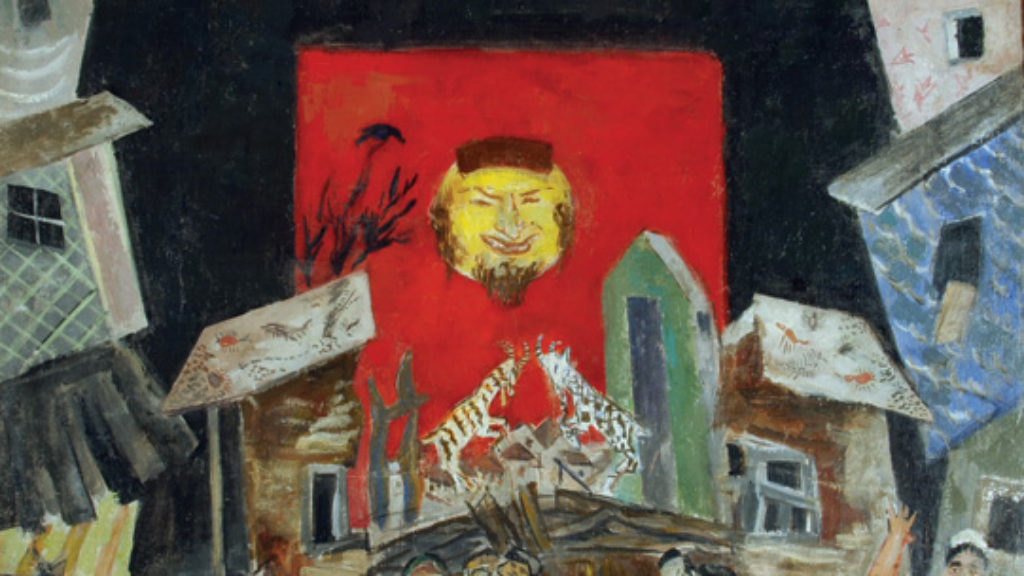
Playing the Fool
Of the many varieties of anti-Semitism, or anti-Judaism, that have plagued the Jews over the centuries, two recurrent general patterns can be identified by the holidays that celebrate triumphs over them: Purim and Hanukkah.
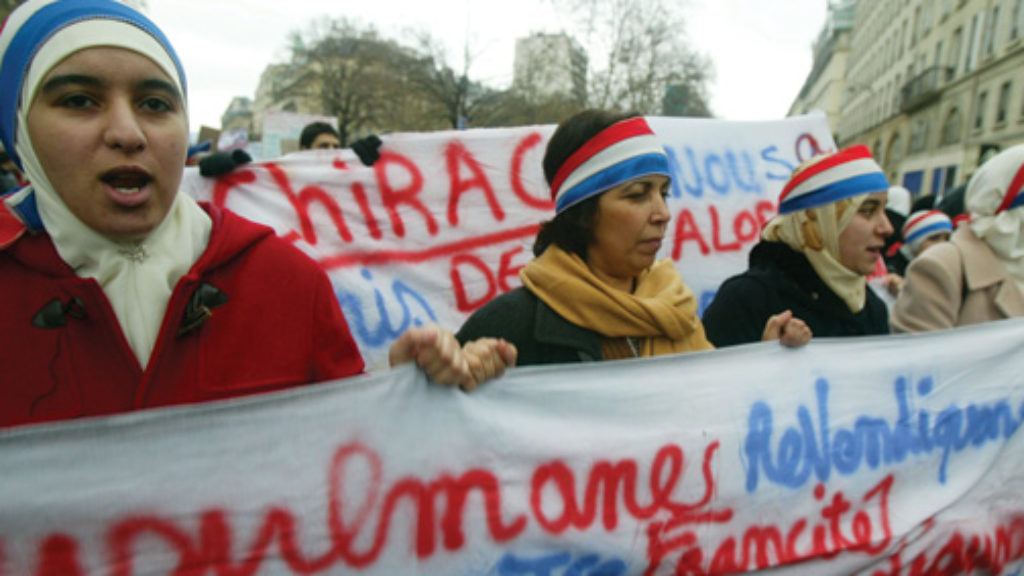
Strange Journey: A Response to Shmuel Trigano
Two historians challenge Shmuel Trigano’s analysis of anti-Semitic violence in France.